
If a guy I was sexually active with were missing a ball it would take me a while to figure it out. Seriously. For me, they’re not the main attraction down there nor do they have a gigantic space in between like breasts, which allow you to focus so specifically on the left or right. If both balls were missing it would be much more apparent. I’ve never been in this situation, so I can only speculate, but I don’t think it would change my sex life much if my guy were missing one or both balls. Sure, I’d have to get used to their absence, but it wouldn’t change my level of attraction or satisfaction if they were missing. (Apologies in advance to my husband for whom this might be a weird post to read!)
I got a great comment from a testicular cancer patient on my post about missing body parts: “I couldn’t get a prosthesis at the time I lost righty so I proceeded to live the ensuing twelve years without. Dating was difficult and awkward, not because partners might be scared off but because I feared they would be. Any man will tell you that anxiety and fear are huge mood-killers where sex is concerned.”
When I hear guys talk about their anxieties about being ball-less I want to tell them ‘My life would be fine without balls. Really!’ But the guy who commented raises a good point that even if the partner didn’t care, he still had anxiety about it. Cancer and body images issues go a lot deeper than what other people think of our bodies. It’s how we think about ourselves that matters as much if not more.
Maybe I’m easy going on the missing body parts issue because I have empathy for fellow cancer patients. However, I don’t think that’s the case with balls. I wanted to do some research to find out if I as a sexual partner I’m alone in my thinking of ‘balls, take’em or leave’em.’ But, I couldn’t find the right combination of keywords to google that would yield good results rather than immature dialogue or raunchy sites. So I’d love to have an honest conversation about balls on my site instead:
If you are a straight gal or gay guy, how would you react to a partner missing one or both balls? Would it change your sexual experience? If you’re a testicular cancer patient, has it changed your body image and/or sex life to have one or both testicles removed? Remember you can comment anonymously.
Brian Lobel is a witty and super-intelligent testicular cancer survivor. Read about him in Everything Changes: The Insider’s Guide to Cancer in Your 20s and 30s.
![]()
![]()
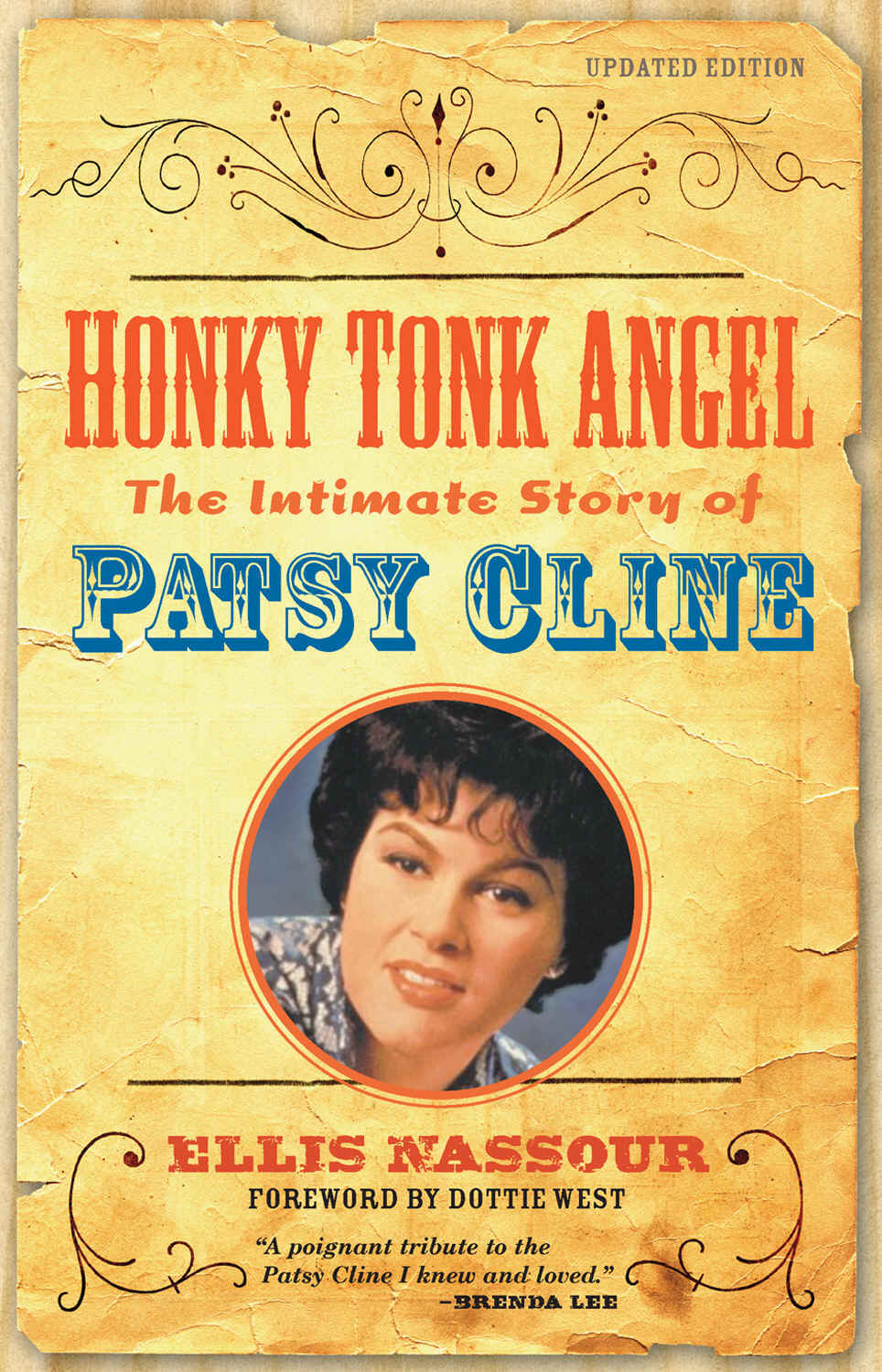
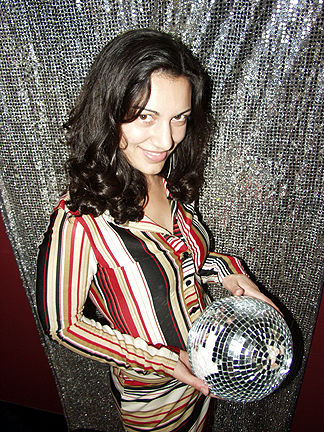
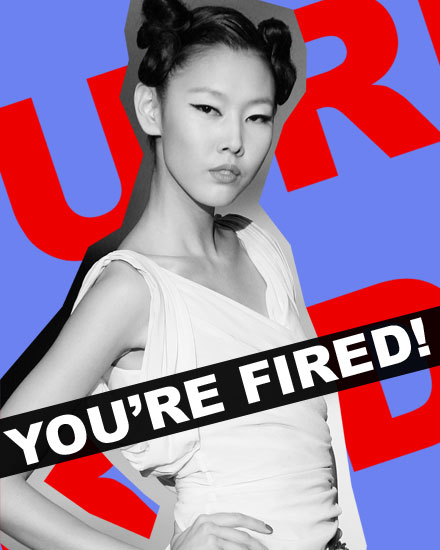
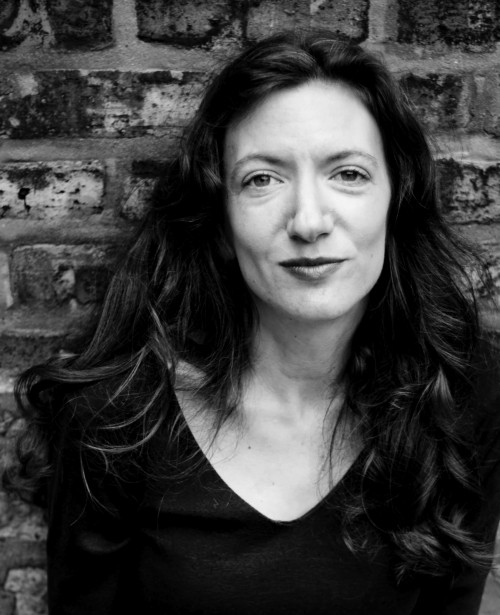
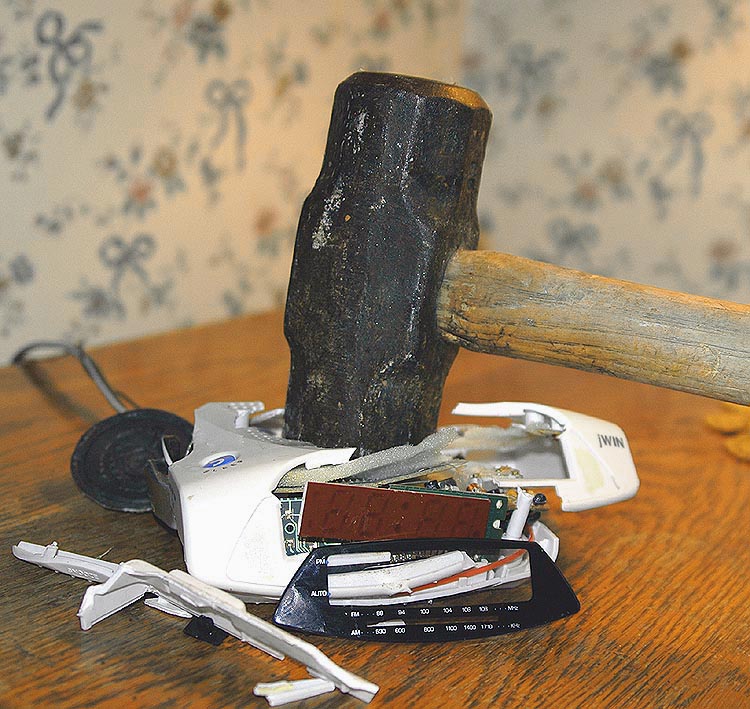
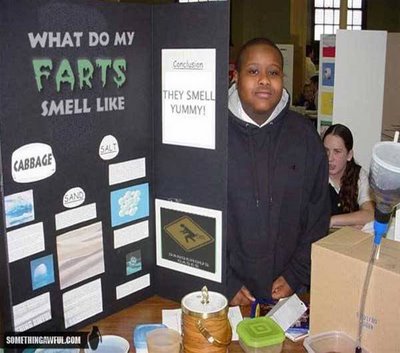
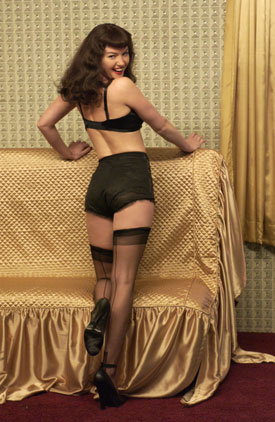

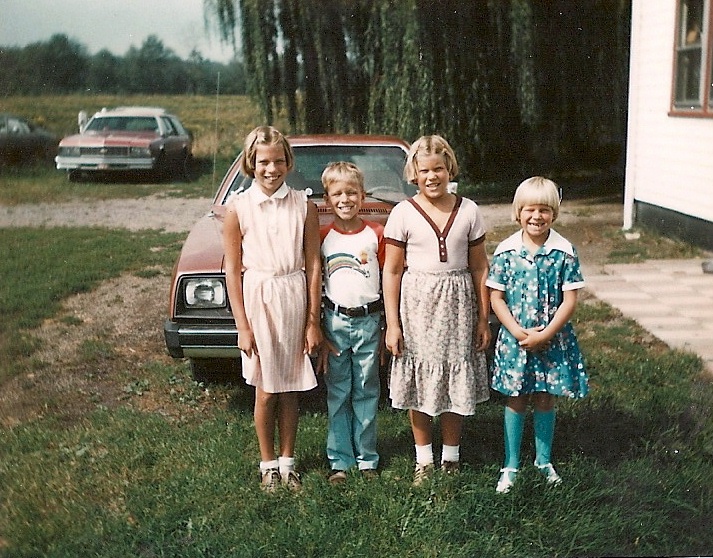
 “Everything Changes is, without doubt, the most forthright, emotionally sophisticated, and plain-old valuable book of its kind I've seen.”
“Everything Changes is, without doubt, the most forthright, emotionally sophisticated, and plain-old valuable book of its kind I've seen.”












